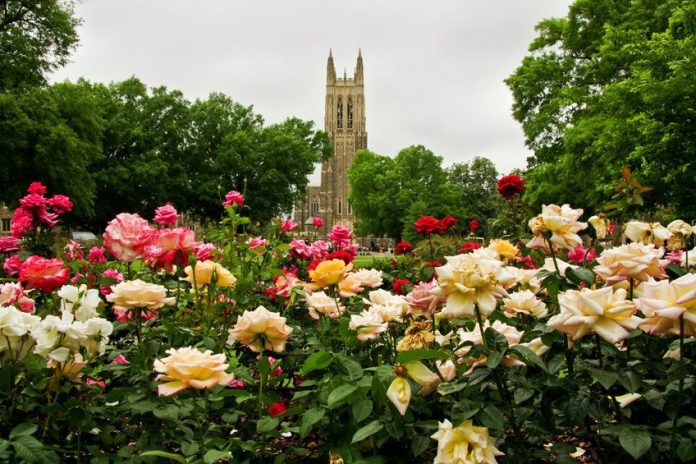Dish Wireless and Cisco, in partnership with Internet2, have launched a Neutral Host Network (NHN) pilot at Duke University using Citizens Broadband Radio Service (CBRS) shared spectrum.
Stephen Bye, chief commercial officer at Dish Wireless, explained that it can be challenging to provide consistently reliable connectivity and coverage across an entire university campus. “The goal of this innovative neutral host proof of concept is to improve the quality of the connectivity across Duke’s campus through the use of a private CBRS-connected 5G network,” he said.
The trial, set to launch this summer, aims to validate the feasibility of a scalable, multi-tenant, architecture with CBRS. The Neutral Host Network will integrate Duke University’s private network, which is supported by Cisco’s Private 5G as a service platform and Internet2’s upgraded fifth-generation national research and education network, with Dish Wireless’ 5G network.
CBRS spectrum is an affordable way for enterprises to own and operate their own spectrum and according to the companies, for higher education institutions, specifically, it will enable applications like smart campuses and internet of things (IoT) sensor networks, extended coverage for campus Wi-Fi, fixed wireless services and support for research testbeds.
“Every college and university has experienced dramatic increases in wireless needs from our mobile-first communities. Rather than providing two separate infrastructures throughout our campuses — cellular and Wi-Fi — the holy grail has always been for a single, common network delivering both cellular and high-speed private Wi-Fi,” said Tracy Futhey, vice president and chief information officer, Duke University. “The recent availability of CBRS, together with our collaboration with Internet2, Dish Wireless and Cisco, makes this vision a reality by delivering a private Duke wireless network over the carrier grade cellular infrastructure that stretches throughout our campus.”
The Future Wireless Working Group (FWWG), established by Internet2 in March 2020 and designed to bring together university chief information officers and technology leaders to address the connectivity needs of higher education, was integral in the project.
“We are excited to help our higher education members evaluate the use of advanced wireless technologies across a variety of innovative uses,” commented Howard Pfeffer, president and CEO, Internet2.

